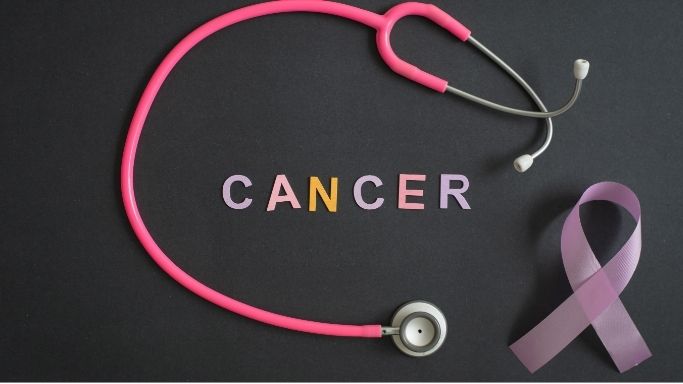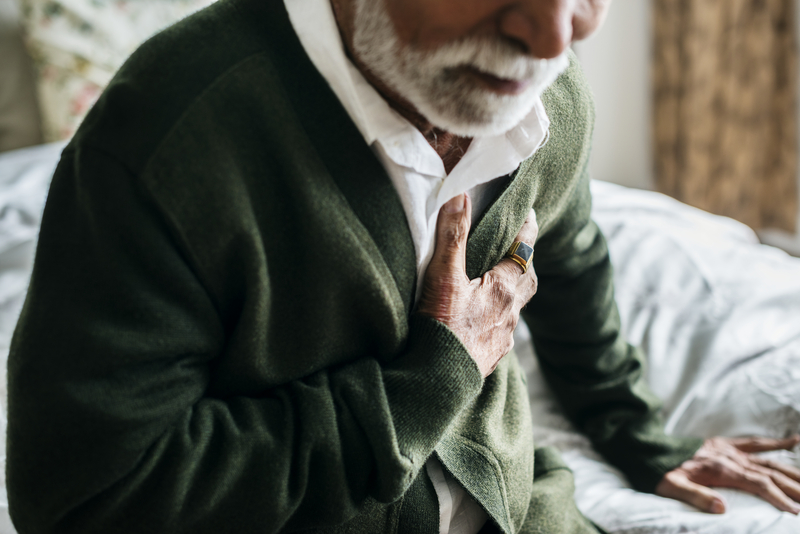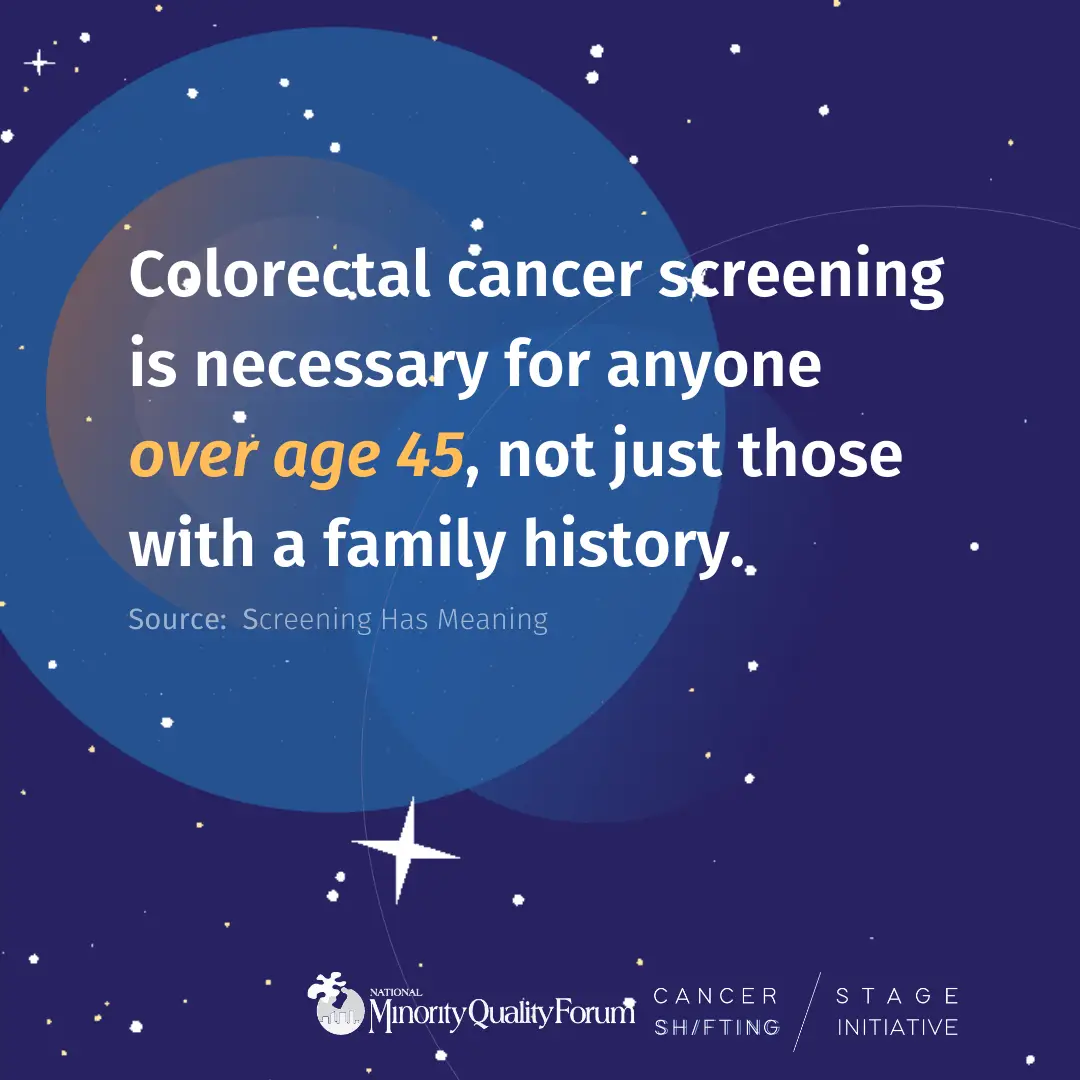National Center for Biotechnology Information
Characterizing sociodemographic disparities and predictors of Gestational Diabetes Mellitus among Asian and Native Hawaiian or other Pacific Island...
Background:
Gestational Diabetes Mellitus (GDM) affects between 2 and 10% of pregnancies in the United States, with trends of increa...
Ranking of Health Problems and Prioritization of Cancer Education Topics by African American Communities in South Carolina
Despite landmark breakthroughs in cancer research, African American adults (AA) bear the highest cancer burden compared to other racial groups in t...
Association of race and ethnicity with quality of care among head and neck cancer patients in California
Background:
There are significant racial disparities in head and neck cancer (HNC) outcomes. Racial differences in survival may be e...
The role of pharmacogenomic testing in optimizing depression treatment in medically underserved communities: Implications for nurse practitioner pr...
doi: 10.1097/JXX.0000000000001108.
Online ahead of print.
Affiliations
Expand
...
Cardiovascular Disease Risk Factors in Latino Migrant Seasonal Farmworkers: A Meta-Analysis
Introduction: Existing literature concludes that Latino migrant seasonal farmworkers endure higher rates of health disparities and chronic diseases...
Association between education and allostatic load with risk of cancer mortality among Hispanic women
Purpose:
Cancer remains the leading cause of death among Hispanics in the US. While social determinants of health, such as educational attainment,...
Trending Topics
Features
- Drive Toolkit
Download and distribute powerful vaccination QI resources for your community.
- Health Champions
Sign up now to support health equity and sustainable health outcomes in your community.
- Cancer Early Detection
MCED tests use a simple blood draw to screen for many kinds of cancer at once.
- PR
FYHN is a bridge connecting health information providers to BIPOC communities in a trusted environment.
- Medicare
Discover an honest look at our Medicare system.
- Alliance for Representative Clinical Trials
ARC was launched to create a network of community clinicians to diversify and bring clinical trials to communities of color and other communities that have been underrepresented.
- Reducing Patient Risk
The single most important purpose of our healthcare system is to reduce patient risk for an acute event.




















